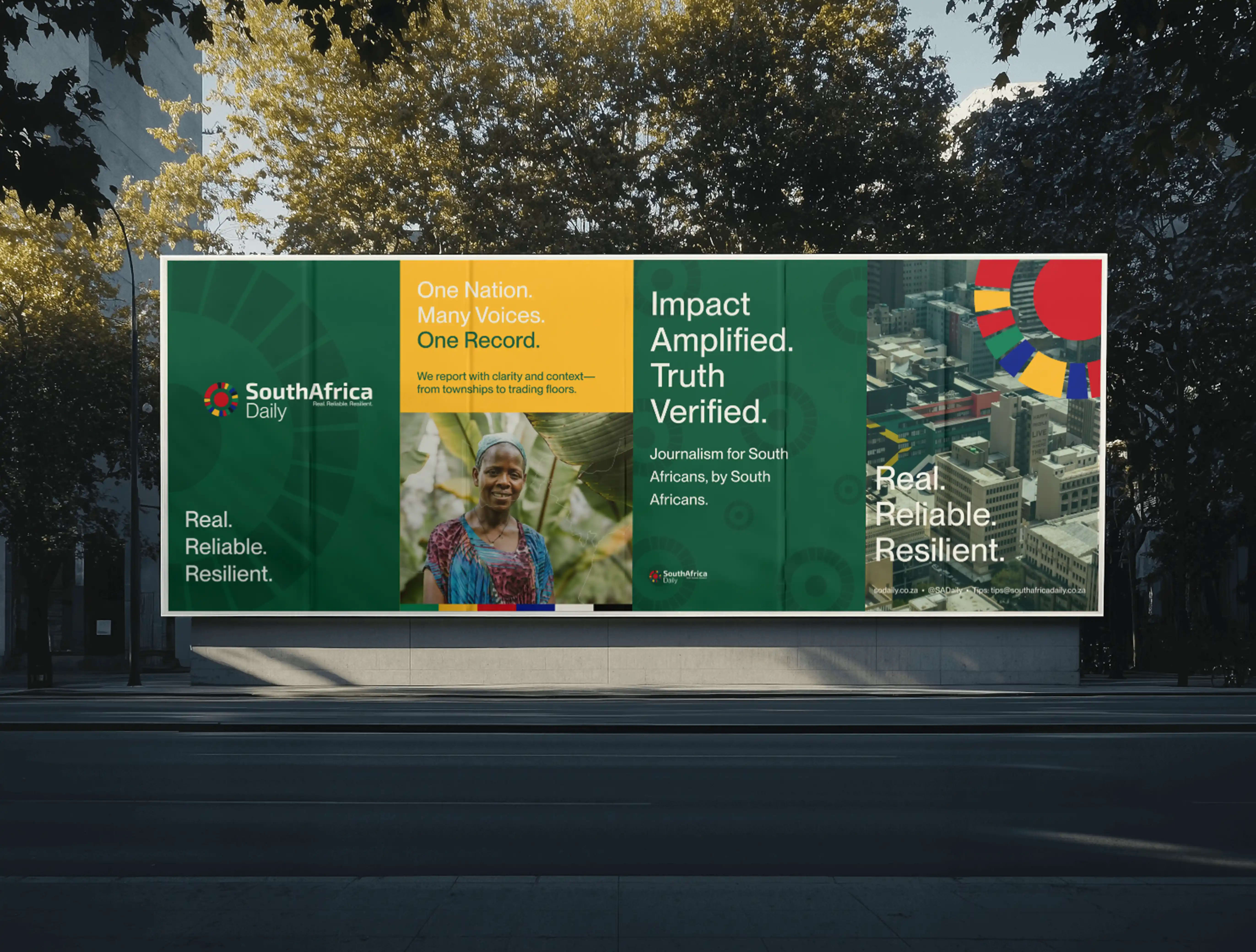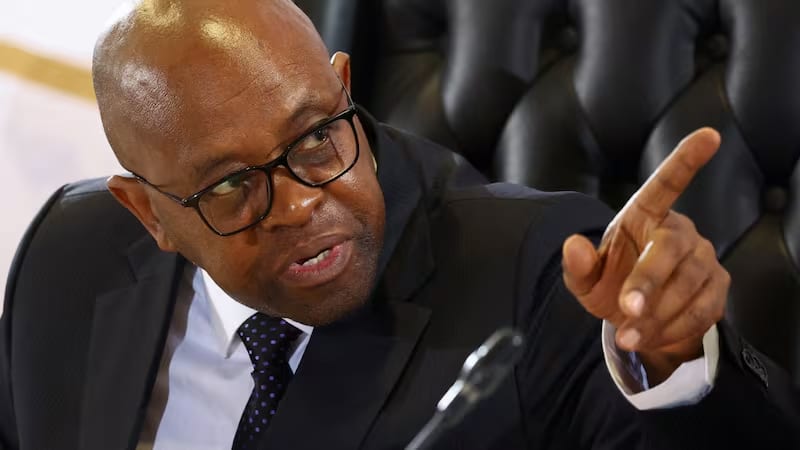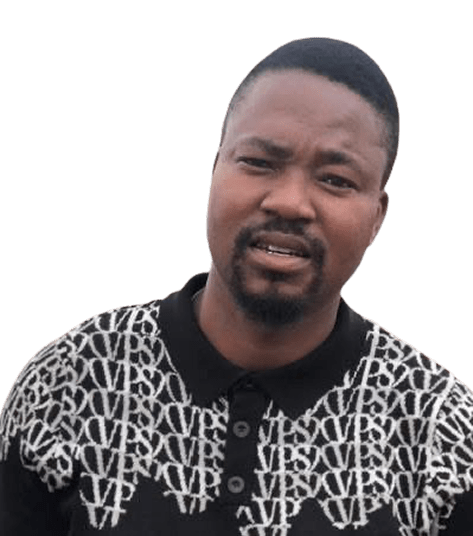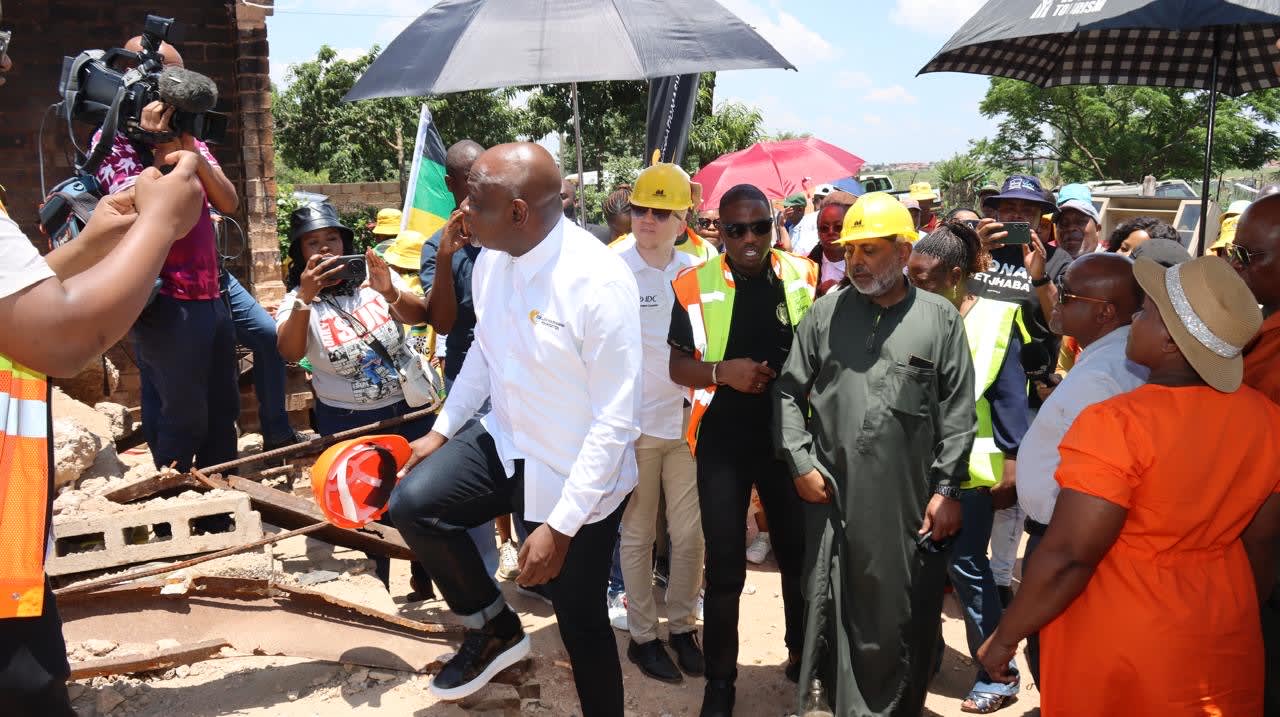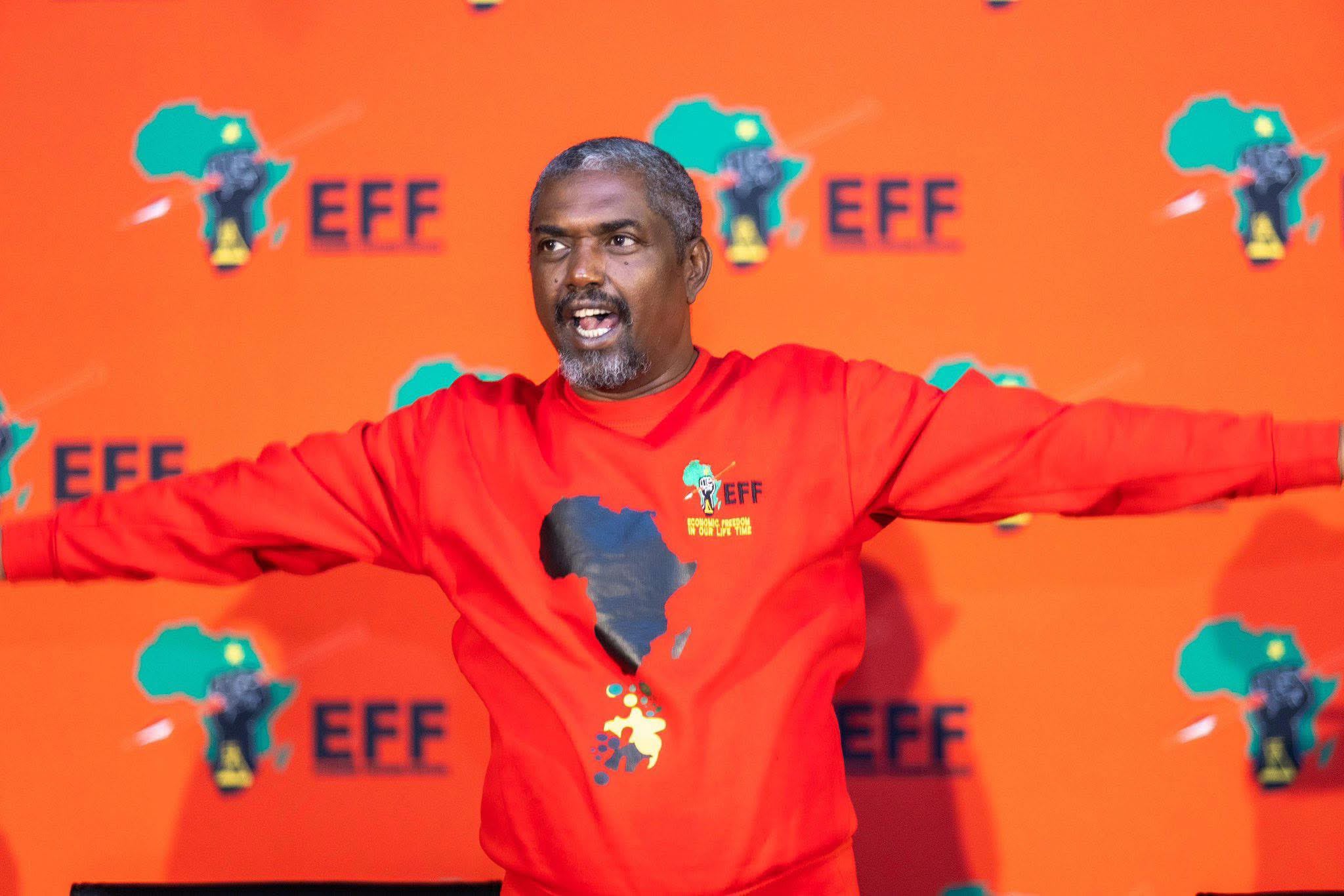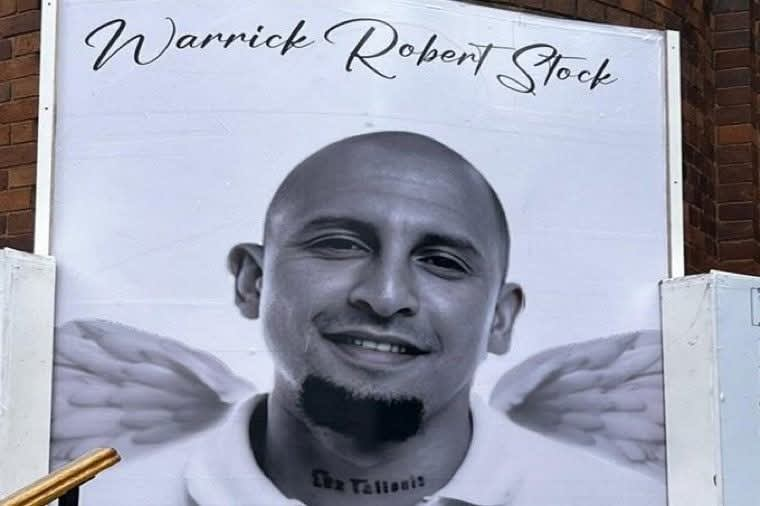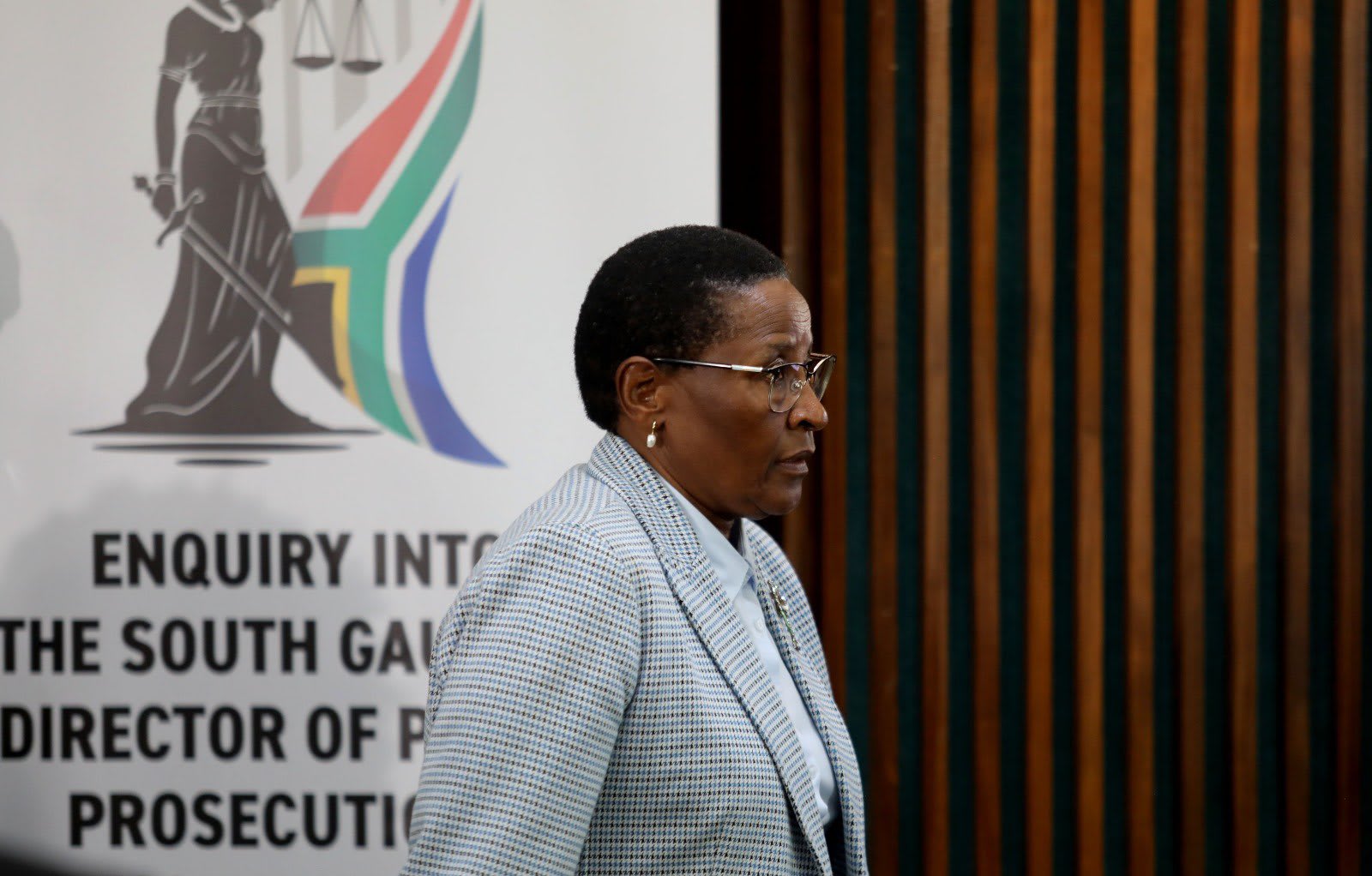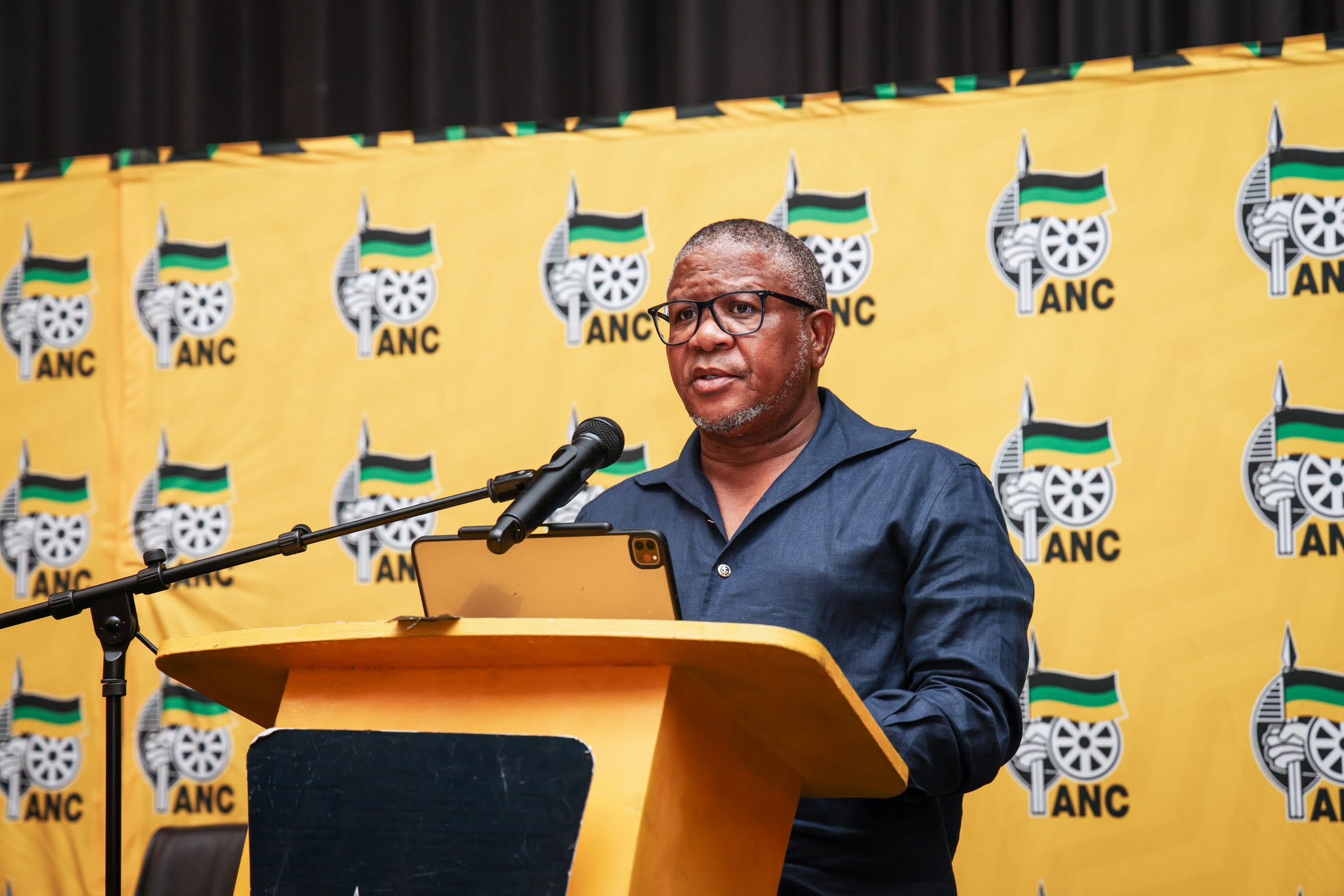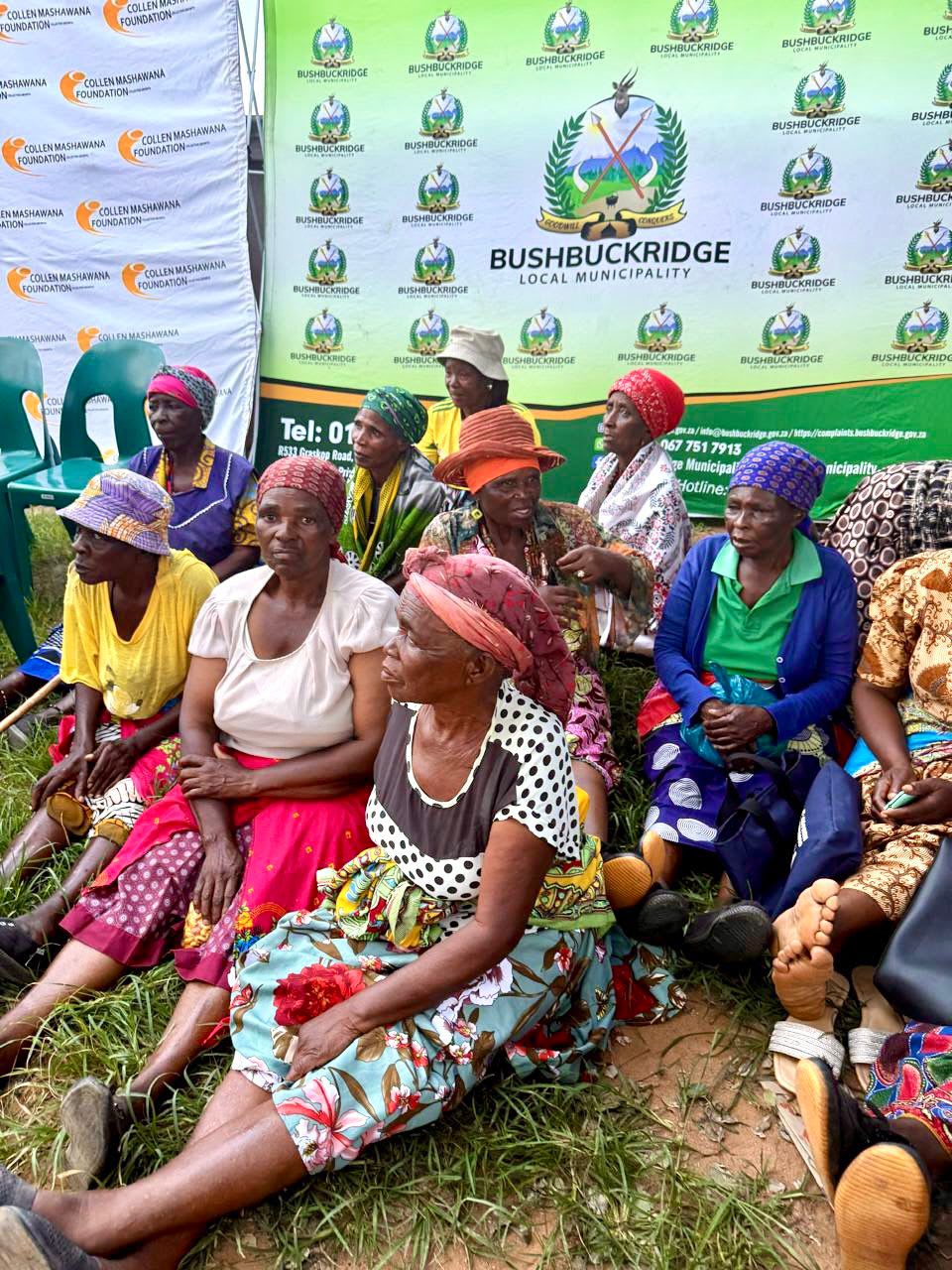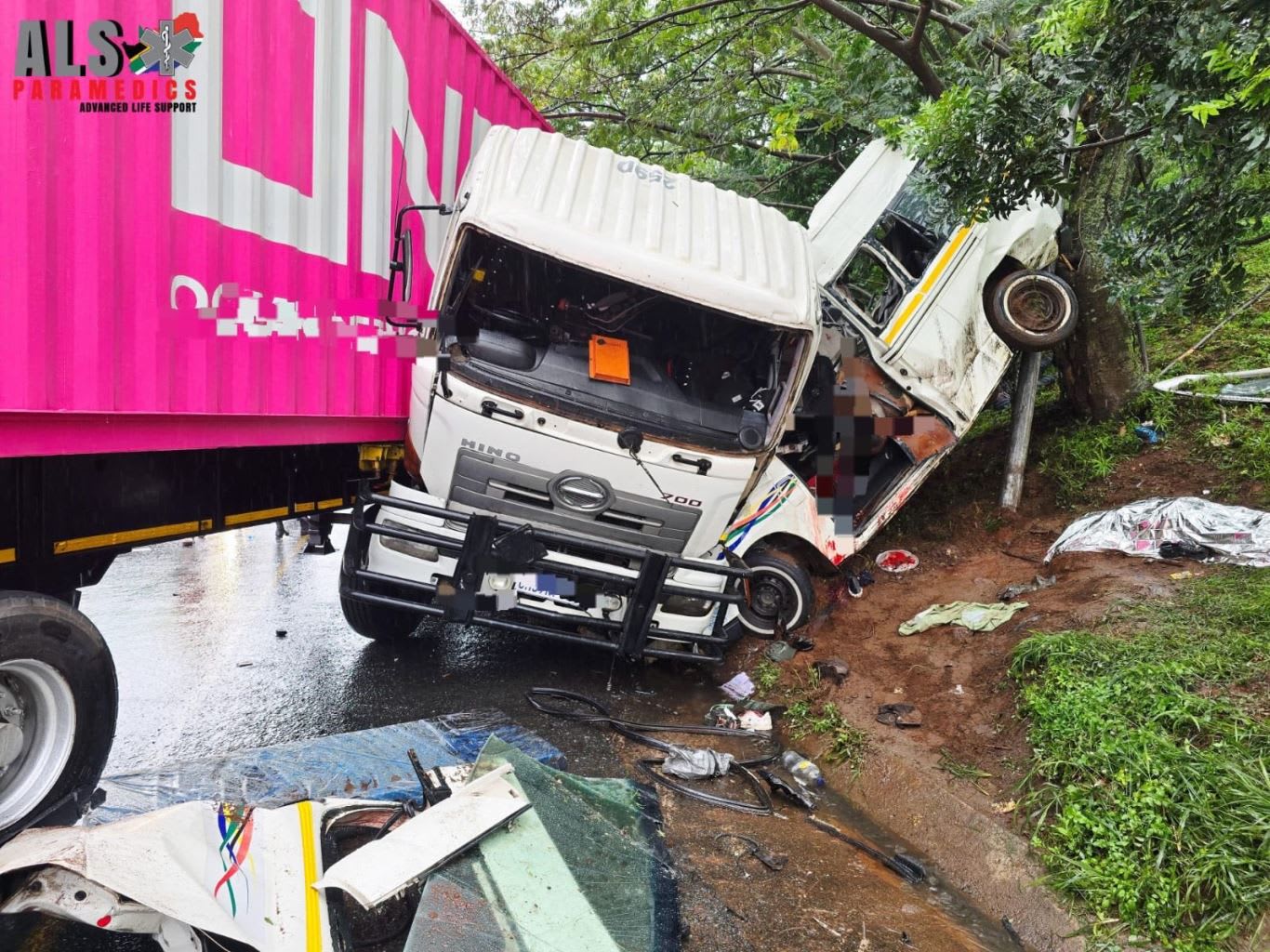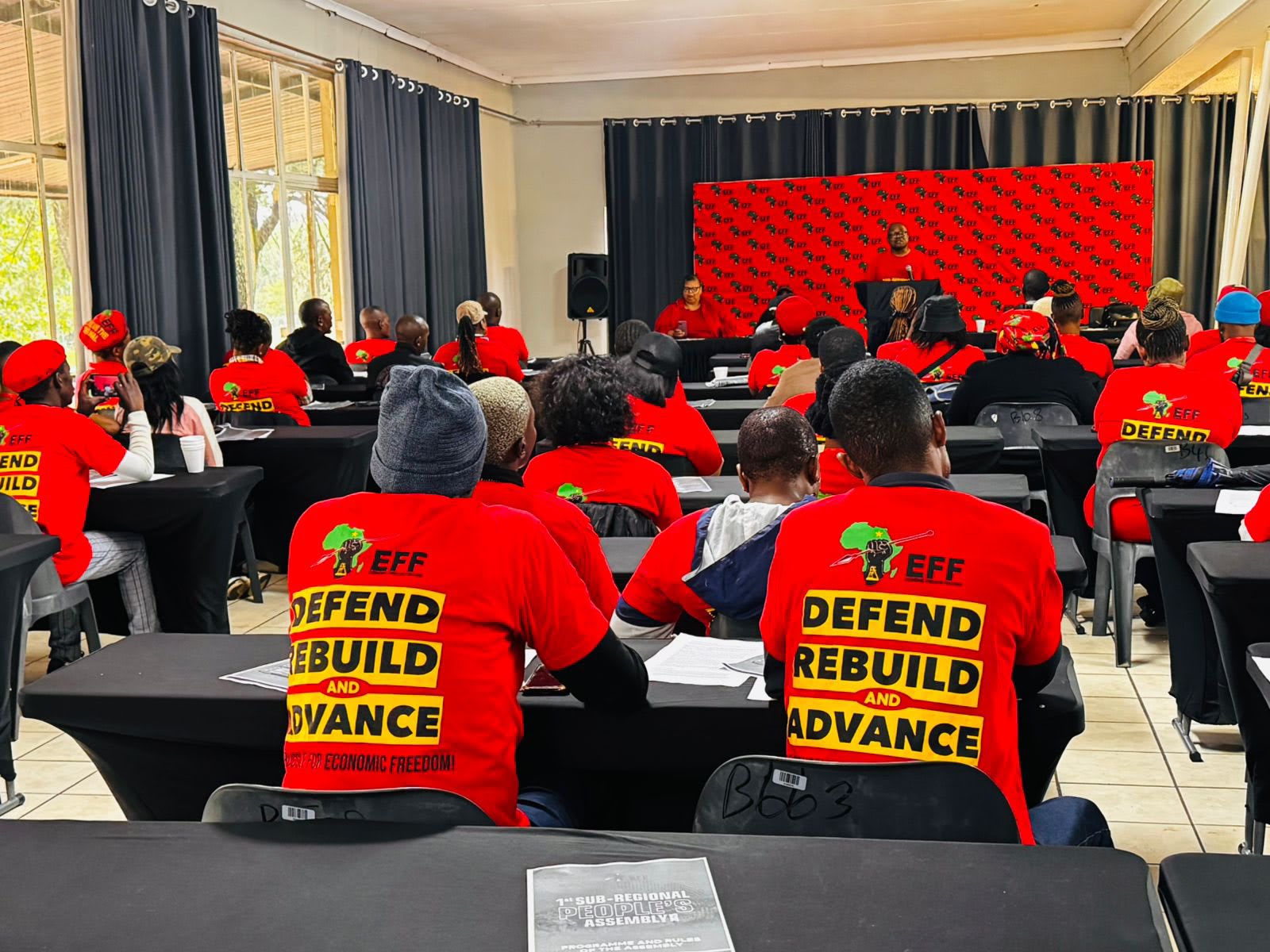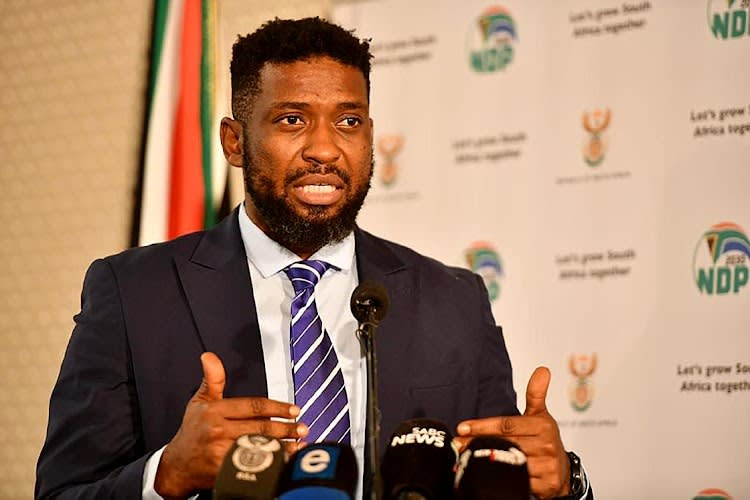South Africa
A group of specialist investigators from the South African Police Service (SAPS) crime-intelligence units are set to give evidence at the Madlanga Commission of Inquiry, signalling increased momentum in the inquiry into alleged organised-crime infiltration of law-enforcement and government structures.
A contingent of detectives who have investigated serious offences linked to criminal syndicates and cartels are gearing up to testify at the Madlanga Commission of Inquiry into Criminality, Political Interference and Corruption in the Criminal Justice System. Their upcoming testimony is expected to shed light on the complex nexus between organised crime, public-sector contracts, and law-enforcement agencies.
The commission, chaired by Mbuyiseli Madlanga, was established earlier this year amid mounting concern that powerful syndicates have embedded themselves within policing, intelligence and procurement functions. The participation of these investigators marks a crucial phase in the inquiry, offering the possibility of turning allegations into documented evidence.
Sources familiar with the proceedings say that the detectives will present material including communication logs, internal intelligence reports and procurement-audit findings. These materials reportedly trace links between a syndicate operating in Gauteng, labelled the “Big Five” by crime-intelligence officials, and officials within the police, private-security firms and political offices. The syndicate is alleged to have used its influence to frustrate investigations, secure state contracts and shield its members from arrest.
One of the more explosive strands of evidence that has already been introduced involves WhatsApp chats retrieved from the phone of a key syndicate figure. These messages allegedly show coordination between the criminal network and senior police officers, including attempts to manipulate investigations and redirect resources. The involvement of detectives in preparing to deliver testimony suggests that the commission is advancing from broad allegations toward a finer-grained factual record.
The forthcoming hearings also raise the issue of witness protection and independence. Investigators who are due to testify have reportedly expressed concerns about safety and integrity of the process. The commission has in past sessions heard claims that officers were threatened or removed from cases after probing syndicate-linked corruption. The public nature of the hearings means any lapses in protection or perceived interference could undermine confidence in both the inquiry and the wider criminal-justice system.
Political stakes are high. The syndicates under scrutiny are alleged to have partnered with public-sector procurement streams, making this more than just a policing matter. It touches on governance, oversight and the proper functioning of institutions. For the ruling party and government agencies, the inquiry presents both risk and opportunity: risk in exposing capture or collusion, opportunity in demonstrating a serious commitment to reform and accountability.
Observers note that the timing of the detectives’ testimony is critical. The commission is expected to deliver its interim findings early next year. The evidence presented now will shape how recommendations are framed, whether they focus predominantly on better internal policing controls, or extend to broader governance and political-institutional reform.

